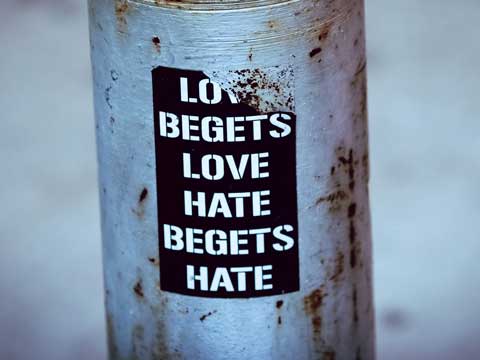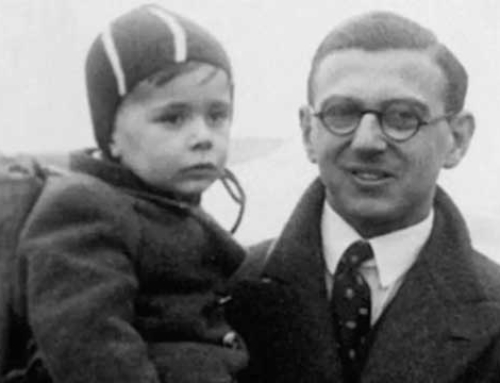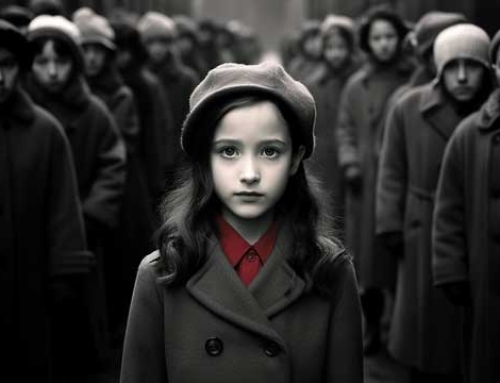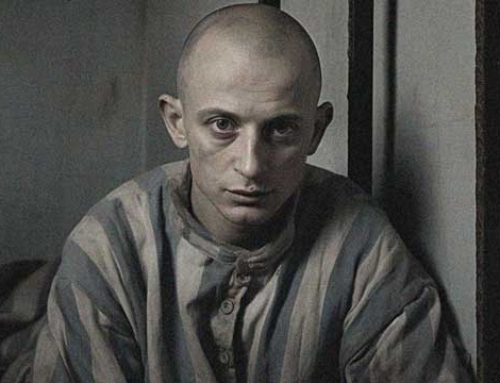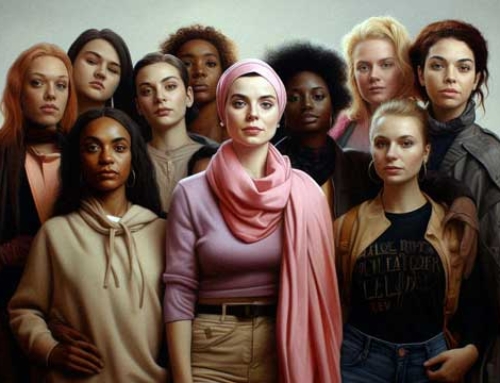Hatred is as old as humanity itself. Regrettably, this emotion has played a large and devastating role throughout history. In this article, we delve deep into the historical and present-day impact of hatred, and how we can learn from history to build a more inclusive and understanding society.
Hatred Across the Centuries
It’s crucial to comprehend that hatred doesn’t exist in a vacuum. It is an emotion often fuelled by ignorance, fear, and manipulation. In the past, leaders and influential figures have wielded hatred as a tool to sow discord and gain control.
Witches
Consider the witch hunts of the Middle Ages as an example. This was a time when fear, misunderstanding, and hatred towards ‘being different‘ were cultivated, leading to the persecution and execution of thousands of innocent people. The ‘witches‘ were hated for being perceived as ‘different‘, which was used as an excuse to ostracize and persecute them.
Jewish Persecution under the Nazi Regime
Another dark chapter of history, where hatred played a destructive role, is World War II. Adolf Hitler and the Nazis utilized propaganda to incite hatred and fear against the Jews, ultimately leading to the Holocaust, one of the most tragic events in human history.
The Rwandan Genocide
In 1994, one of the most shocking and fastest genocides in history took place in Rwanda, where, in just 100 days, an estimated 800,000 Tutsis and moderate Hutus were slaughtered by Hutu extremists. This genocide was the result of deep-rooted ethnic tensions, political manipulation, and hate-fueling propaganda. It shows the power of hatred when manipulated for political purposes and the terrible consequences it can have on a society.
The Armenian Genocide
The Armenian Genocide, which occurred at the beginning of the 20th century in the Ottoman Empire, is another example of how hatred can lead to widespread violence and destruction. During this genocide, an estimated 1.5 million Armenians were murdered by the Ottoman government. Like in Rwanda, hatred was stoked and used to sow discord, with tragic outcomes.
The Indian Partition
In 1947, when the British Empire partitioned India into two independent nations – India and Pakistan – animosity between religious groups was inflamed. It resulted in widespread communal riots, mass killings, and the forced displacement of millions of people based on their religion. The division and hatred that arose during the partition have had lasting effects and continue to be a source of conflict in the region.
These historical examples show how devastating hatred can be. They remind us of how important it is to combat hatred in all its forms and strive for a more empathetic, understanding, and inclusive world.
The Present-Day Role of Hatred
Unfortunately, abhorrence and discrimination continue to be a relevant factor in our contemporary society. We see this in the form of hate crimes, discrimination, and online hate speech. With the advent of the internet and social media, spreading antipathy and resentment is easier than ever.
A recent example is the proliferation of hate against Asian communities during the COVID-19 pandemic. Rumors and misinformation have led to widespread discrimination and violence against these communities.
We cannot ignore the growing polarization in politics and society, where different groups often view each other as enemies. This is amplified by echo chambers on social media, where people primarily receive information that confirms their existing beliefs.
Learning from the Past
When we look at these events, both from the past and the present, it is evident that resentment and antipathy are destructive and divisive. But we can learn from this history. The first step is to become aware of the role hatred plays in our society and to educate ourselves about its consequences.
An inclusive and understanding society can only be achieved if we are willing to let go of our prejudices and hatred, and instead open ourselves to understanding and empathy. We must see each other as fellow human beings, regardless of our differences.
As a society, we also have a responsibility to combat hate speech. This means tackling online hatred, promoting inclusive education, and addressing hate-fueling rhetoric in politics and media.
Finally, we should not underestimate the power of love and understanding. Martin Luther King Jr. once said, “Darkness cannot drive out darkness, only light can do that. Hate cannot drive out hate, only love can do that.” As we learn from our past and strive for a better future, we must take this advice to heart.
Hatred has played a devastating role throughout history, but it doesn’t have to stay that way. By learning from our past and consciously working to promote understanding and inclusivity, we can build a society that is free from hatred. Let’s commit to a future where hatred is replaced by love, understanding, and empathy. Because only then can we create a society that is truly inclusive and fair for everyone.


